
Business Strategy
A Guide to Effective Decision-Making
Read or listen offline
Amazon KindleRecommendation
In this book, Jeremy Kourdi and the Economist survey the material you might cover in an M.B.A. course on corporate strategy. The book's 13 chapters are grouped into two parts. The first section, “The forces at work,” illustrates the factors working on your business that affect its ability to function, grow and compete. The second part, “Making it happen: concepts and tools for strategic decision-making,” shows you how to use various analytical tools to help your company. The range of topics is broad, so the text is concise of necessity. The downside is that the treatment of each topic is not particularly deep, though it is solid. If this alerts you to a subject of particular interest, you may have to seek greater depth and innovation elsewhere. Still, the information here will help you think about your processes and methods. getAbstract says you can rely on this accurate and well-organized compendium.
Summary
About the Author
Jeremy Kourdi is a freelance writer who has written 10 business books and many articles. He writes for The Economist, and has worked with major corporations, professional associations, business schools and publishers.







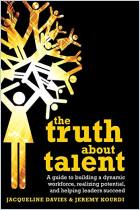
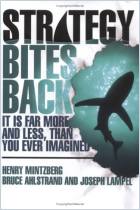
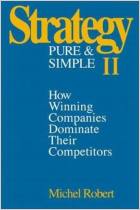
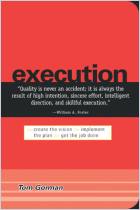
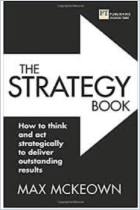
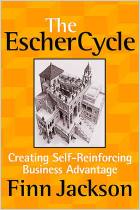
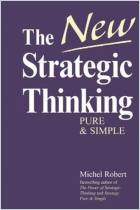







Comment on this summary or Démarrer une discussion